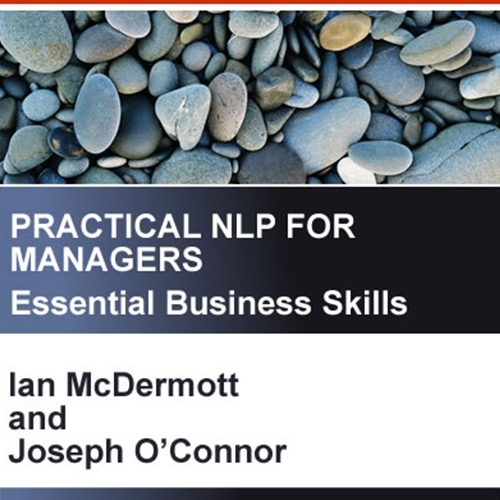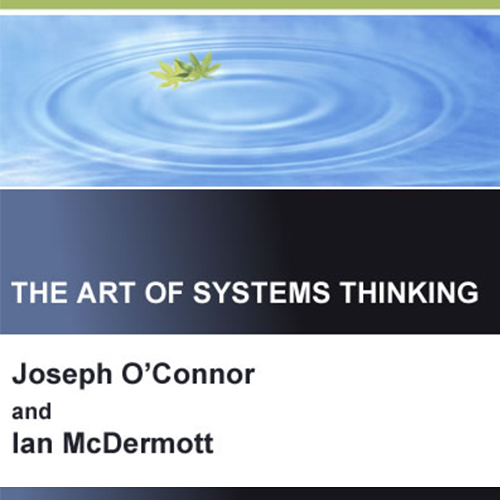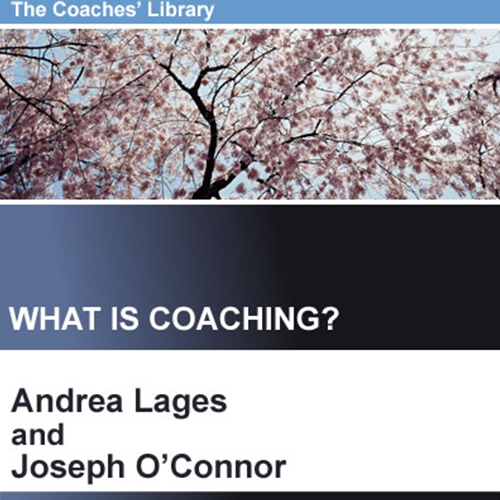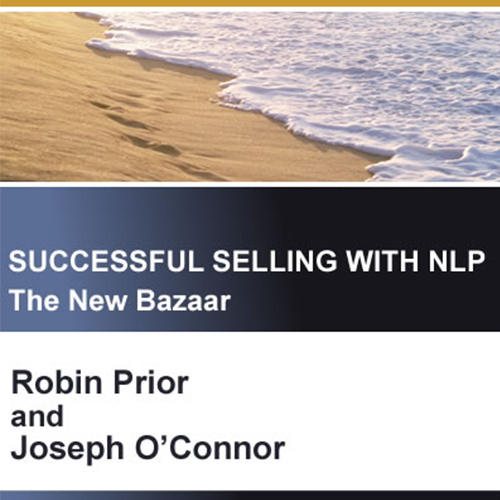Description
About this book
People are the greatest resource of any organisation. What does this mean in practice? All ideas, plans and products begin in the human imagination. Can you manage the human imagination? If so, how? Or do we have to go beyond management? This book explores these questions in a practical way.
Managing is very often focused on problems – what goes wrong and how to put it right, so there is a constant stream of new problem solving management ideas. New management practices are introduced, sometimes they work, and sometimes they do not. Sometimes it seems that changes are simply being made for the sake of it. Many management initiatives are greeted with scepticism, and rightly so, when the instigators of the initiative expect everyone in the company except themselves to buy into the new practice. Quality standards may result in a superbly documented, but otherwise unchanged flow of problems.
This book does not present another different management initiative, but looks at central principles. What is common to all systems of management? People. Seventy per cent of management tasks are dealing with people. These people are your bosses, your peers, your team, your customers, and, dare we say it – yourself. A manager is not a shell of tasks and functions, but a real person with hopes and feelings. Unless management practices take those human qualities into consideration they will fail in the short term rather than the long term. A good idea is only as good as its implementation, people make it real in practice. The main task of managing day to day is to motivate and deal with people to achieve goals.
This is a practical book, but not a prescriptive one. You are the expert at your job. Our aim is to suggest choices for you to achieve what you want, in a time of rapid business change.
Contents
Biography 5
Introduction 6
1. Setting the Scene 10
2. Rapport 23
3. Points of View 37
4. Outcomes – from problem to solution 54
5. From purpose to practice 72
6. Organisational Values – What is Important to Us? 88
7. Individual values – What is important to me? 102
8. The motivational minefield 113
9. Building a common language 130
10. Working Styles 147
11. Finale 161
About the author
Joseph O’Connor is an international author, trainer, executive coach and consultant. He is a leading author and trainer in coaching and Neuro Linguistic Programming (NLP) and systemic thinking.
He is the author of eighteen books and three audiotapes on coaching, Neuro-Linguistic Programming, training, sales, communication skills, management and systemic thinking.
His books have been translated into twenty nine languages and have sold half a million copies worldwide.
He is co – author with Andrea Lages of two books on coaching.
Coaching with NLP (Thorsons 2004 – translated into nine languages)
How Coaching Works (AC Black 2007 – translated into six languages and nominated for Financial Times
best business book of the year 2007)
He is Co – Founder of the International Coaching Community (ICC)
Co-founder and director of ROI Coaching, specialist coaching for financial executives, and he is Visiting Professor of Coaching, ISCTE University Business School, Lisbon, Portugal.
He spent many years as a professional classical guitarist and has an L.R.A.M. from the Royal Academy of Music.
He lives in London now (2011) having spent eight years living in Sao Paulo Brazil.




